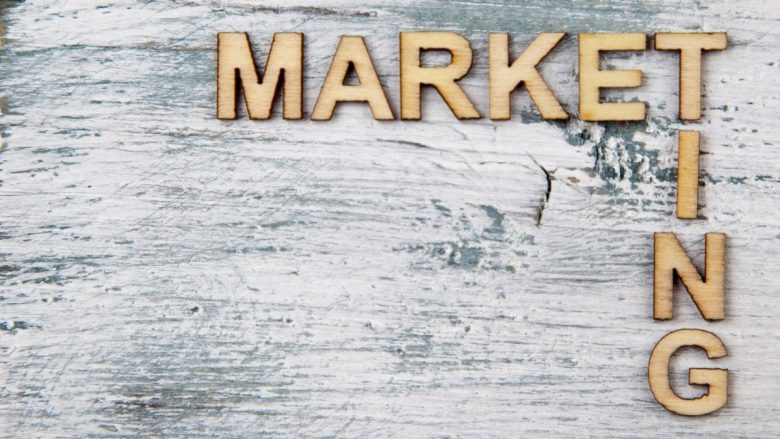
A successful experiential marketing event necessitates a great deal of effort, expertise, and patience. Traditional marketing campaigns are not the same as experiential marketing campaigns. Experiential marketing campaigns, also known as engagement marketing, require the inclusion of elements that allow for direct customer interaction.
These campaigns, according to NVE Experience Marketing Agency, must be well-thought-out, meticulously planned, and flawlessly executed because your audience and potential client base will be exposed to a hands-on experience that is representative of your brand. Experiential marketing events, when done correctly, provide a deeper connection with the audience by bringing your product into people’s lives.
According to a study, nearly 80% of attendees of experiential marketing events said that live demonstrations or free samples influenced their purchasing decisions by positively impacting their perception of the brand.
While each experiential marketing event has its own set of needs and objectives, the strategy and planning stages of nearly every experiential marketing campaign are crucial. It’s critical to take precautions to ensure that your event’s launch is error-free and functional on a fundamental level. We’ve put together a list of five pointers that will help you launch a successful experiential marketing event.
Read What is WiFi Marketing, and How Can It Benefit Your Business?
Plan ahead of time
When it comes to experiential marketing, the earlier you begin planning, the better. Experiential marketing campaigns typically require a venue to host your campaign event, event-specific products and merchandise, food and beverage providers, and whatever else your team can think of to add to your event. Make sure you have a dedicated event execution team for each aspect of your strategy. You should set a date for the event well ahead of time so that you have plenty of leeways if something goes wrong.
Make a Financial Plan
When it comes to planning your experiential marketing campaign, you’ll need a budget. Expenses will inevitably mount, so it’s critical to know how much your company is willing to spend on your event. If you’re planning an event for a company where you work, get official numbers and estimates from your bosses and run any numbers by your finance department. Calculate how much you can put in and risk not getting anything back if you’re an independent business. It’s also a good idea to make your budget higher than you think you’ll need or have some money set aside in case you go over budget – there may be some unexpected costs.
Integrate Online and Offline Advertising Promoting your experiential marketing event is critical because the ultimate goal of hosting an experiential marketing event is to get people to come and have an immersive experience with your company. Online advertising is a fantastic and cost-effective way to accomplish this. Consider advertising on social media sites such as Facebook or Instagram, which allow you to use local filters to target your ads to the right people.
Consider doing some offline advertising as well. Print flyers and distribute them throughout the town or city where your event will be held. Visit local stores, coffee shops, and businesses to see if they will advertise your event and invite people to attend. Getting involved in the community will ensure that some people come to your event.
Recognize the needs of your customers
You should set aside some time during the early stages of brainstorming for your experiential marketing event to think about your customers’ wants and how they align with your brand. Successful experiential marketing events are successful because the team behind them not only understands the brand but also how it translates to the wants and needs of the customers and potential customers they’ll meet.
Vans, the skate shoe, and apparel company, for example, held a number of House of Vans pop-up shops near skate parks in major cities across the United States. They had music, food, and merchandise for sale, as well as a place for skaters to hang out while they enjoyed the skate park. They chose locations where they knew their target audience would be interested in participating in their experiential marketing event. It’s an excellent example of being able to recognize and embrace the client’s desires.
Clearly and Effectively Define Your Brand
To the audience, your experiential marketing event is a direct representation of your brand. Anything they come across, good or bad, during their time there will serve as a reminder of your brand and business. This is why, when launching an experiential marketing event, you and the team in charge of the event must have a thorough understanding of your brand in order to communicate it effectively to others.
For example, if your bakery promotes local foods and farms, you wouldn’t want to partner with a national food brand to host an experiential marketing event. Local farms, farmers, or other businesses that align with your brand’s goals to stay local should be invited and co-hosted. If you stay true to your brand, your audience will sense your sincerity.
Learn more from Marketing and read When Should You Use In-House Digital Marketing And When Should You Avoid It?



One Comment